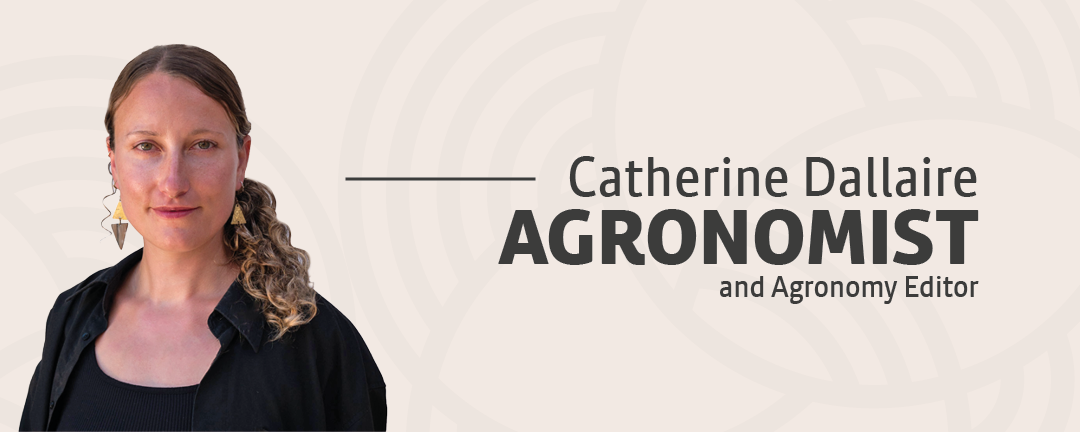
Why Purchase Local Seeds?
Local seed producers are a vital link in the Quebec food system. First of all, they steward the genetic legacy of local and imported fruits and vegetables. Thanks to seed keepers, ancient varieties that would have otherwise died out have been preserved. This is a tangible way of passing down an agricultural and cultural legacy from one generation to another, while ensuring crop biodiversity.
Here is an explanation from Teprine Baldo, owner of seed farm Le Noyau in Stanbridge East:* “Seeds are living beings. The job of a seed producer is similar to that of a parent, protecting them over time. Already, we have lost 75% of the global seed diversity.”*
Seed producers also develop varieties tailored to each region’s specific climate. Working attentively and diligently, they select plants that meet the desired characteristics on an annual basis. They proactively sort out the best crops for agricultural producers in a given location.
An Ally to Face Climate Change
We live in a rapidly changing climate. Already, we need to acclimatize to unprecedented weather conditions. Local seed producers play a vital role in this rush to adapt, as they closely monitor local varieties and are able to select the most resilient plants.
Unlike international seed companies, who sell “one-size-fits-all” seeds for farmers across the globe, local seed producers offer varieties optimized for a specific region. For all the reasons above, local seeds are the best line of defence against local problems! The role of Quebec seed producers is increasingly becoming more relevant.
Teprine goes on to say: “The first step to protect seeds involves protecting seed producers, who work hard and possess a lot of knowledge. This knowledge will be lost if nobody passes it on. We need to have a discussion at the provincial and national level on the importance of supporting our trade, which ensures food safety for many generations to come.”
